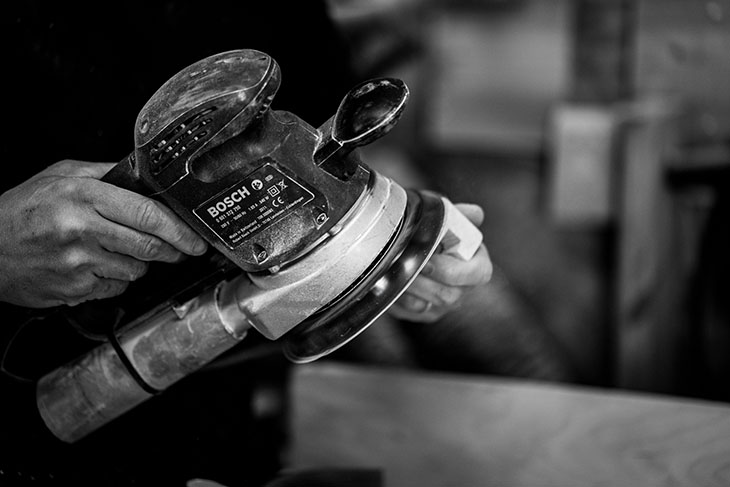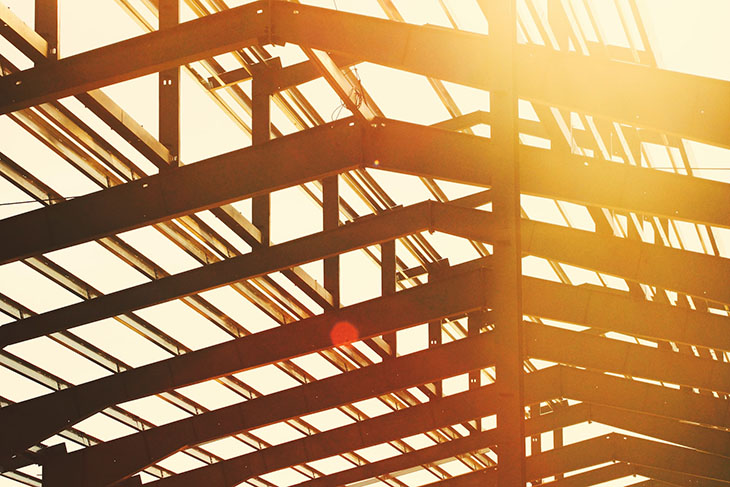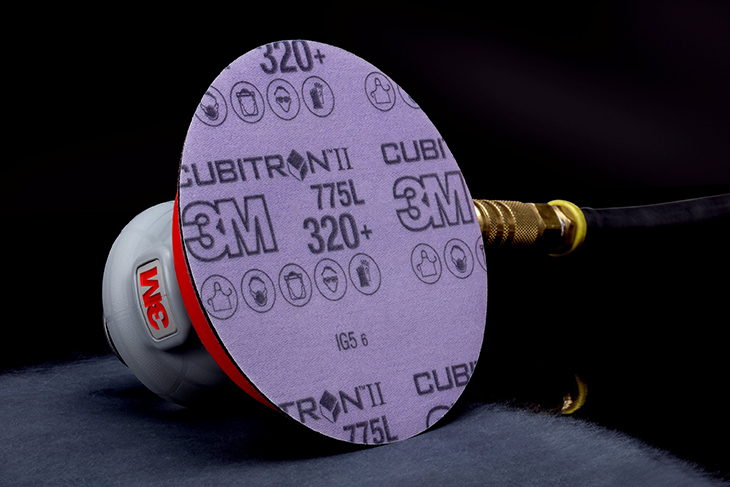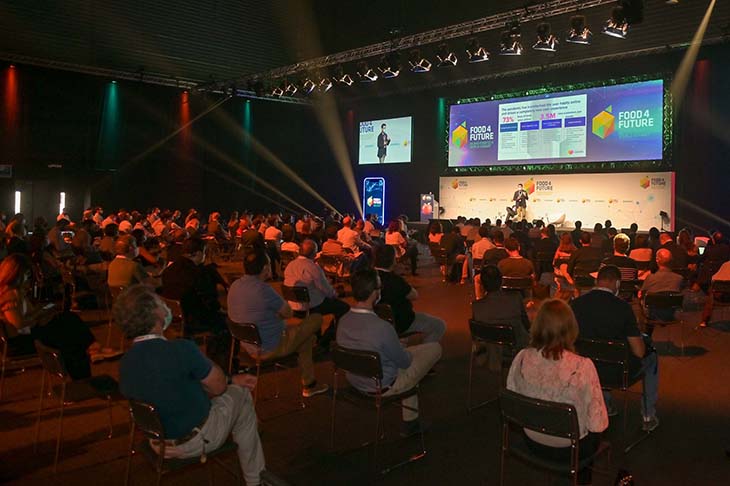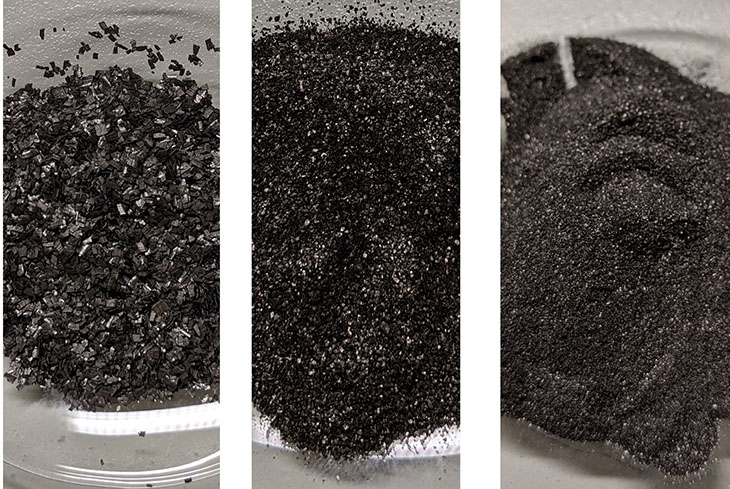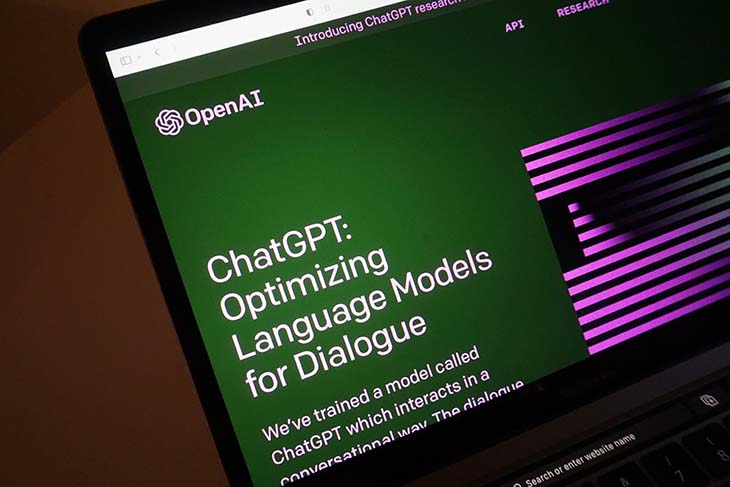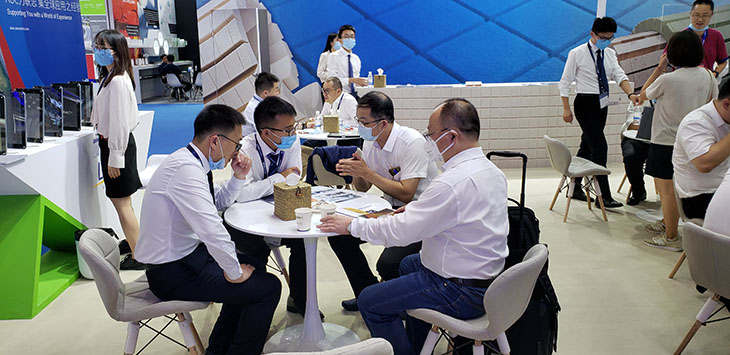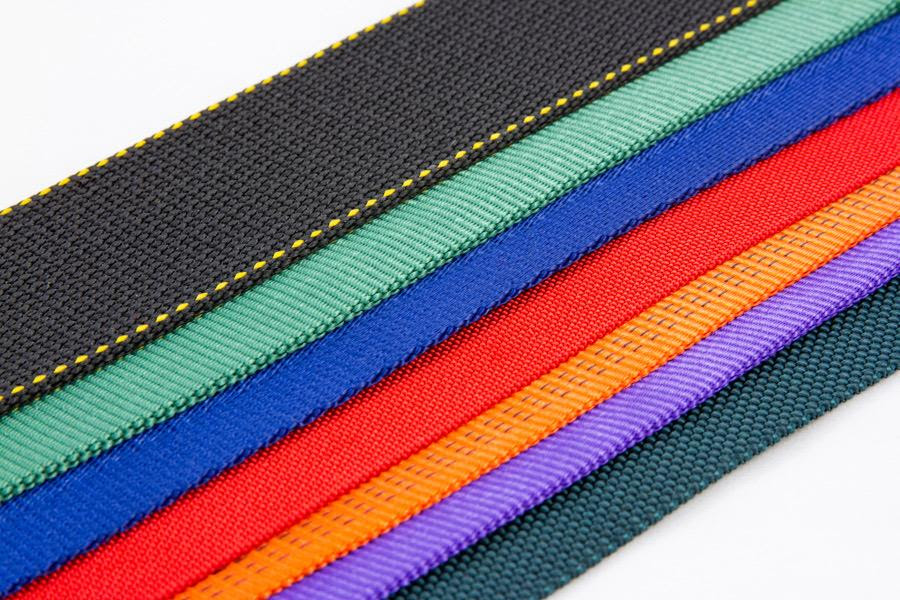- Automation will enhance and complement human activity, resulting in safer and less repetitive roles for workers
- 60% of manufacturers that have introduced AI are using it to support their workforce
- BMW: Technology needs to serve people rather than replace them
- Deloitte: Human-robot collaboration results in “the best of all worlds”
- Manufacturers have used robots and AI in novel ways since the start of the pandemic
- Senior representatives of BMW Group and Deloitte discuss AI Powered Robotics on the factory floor at the Global Manufacturing and Industrialisation Summit’s Virtual Edition (#GMIS2020)
Hannover, Germany – July 28, 2020: Human workers will remain critical on factory floors for the foreseeable future and will not be entirely replaced by robots and Artificial Intelligence (AI), said leading experts from BMW Group and Deloitte at the Global Manufacturing and Industrialisation Summit (#GMIS2020) Digital Series. While advances in automation will continue to gain traction, and even accelerate in light of the pandemic, the technology will be used to enhance and complement human efforts, resulting in safer and less repetitive roles for workers.
Paul Wellener, Vice Chairman of Deloitte, said: “You might think that things are going to be completely automated, but 100 years ago people were saying the same thing about today. Repeatedly, studies have shown that services and processes in manufacturing will never be completely replaced by robots, but they're going to be enhanced by the utilisation of robotic automation.”
The crisis caused by the pandemic is likely to accelerate the shift towards automation of certain tasks within production, such as repetitive work, materials handling, physically taxing or dangerous activities, or support in identifying quality defects. Humans will be augmented by robots in ways that will result in productivity, efficiency and safety gains.
Matthias Schindler, Head of AI Innovations at BMW Group, said technology needs to serve people rather than replace them. “We would rather strive for the best division of labour, which would mean robots can do repetitive tasks which are physically demanding and where high loads need to be handled, for example,” he said. “But only human beings can see our products through the eyes of the customer. This is why we believe in humans to really give the finesse to all of our products.”
Deloitte’s annual human capital trends study tracks the ongoing dynamic between humans and machines and the need for the combination of both to enable a workforce of the future. In the most recent study, only 12% of respondents that use automation and AI said their organisations were primarily using the technology to replace workers, while 60% were harnessing it as an asset to help support the workforce. Among the reasons for evolving toward a human-automation combination is that human experience helps to deal with the nuances of a process or a series of tasks.
“When you team a robot and artificial intelligence with a human, you get the best of all worlds,” Wellener said. “Currently, technology can't duplicate what happens with humans in the workplace and they definitely cannot duplicate persuasion, problem-solving skills, empathy or verbal comprehension.”
Schindler agreed that collaboration between humans and robots, called ‘cobots’, is the preferred outcome rather than merely replacing labour and that BMW Group workers are given the chance to provide input into the production process.
“When it comes to AI, we always try to design solutions in a way that our employees can use them,” he said. “For example, when we apply artificial intelligence for object detection in quality work, we always design the solution so that a shop floor employee can operate it.”
Schindler said that BMW has launched internal communications campaigns aimed at convincing employees of the advantages of new technologies like robots and AI. “On the one hand, we want to demonstrate the benefits AI brings,” he said. “On the other hand, we want to teach our employees that they have to invest some effort at the beginning to set up solutions which are much more robust than in the past.”
Schindler added that it was important to empower employees by being involved in programming and maintaining robots, which requires a high level of skill, and that this would lead to more rewarding roles in manufacturing.
Wellener said the human-machine hybrid model will result in the emergence of new roles within smart manufacturing, a phenomenon that is likely to be accelerated by the pandemic. “We'll start to see people leverage digital tools in a very different fashion,” he said. “Manufacturers are really very innovative people and they will continue to explore how advanced technology can be utilised to increase efficiency and productivity with humans as a key part of the process.”

Pandemic exposes manufacturers lagging in digital transformation
Wellener said AI has already had a significant impact on manufacturing, despite being a relatively nascent technology. It has enabled manufacturers to glean a wide range of insights from the data captured through connected equipment on the shop floor to improve decision making capabilities and to reduce process inefficiencies.
Manufacturers have used robots and artificial intelligence in novel ways since the start of the pandemic, he said. For example, robots have been deployed to identify workers that might have a high temperature. AI is also a key part of the world of the Internet of Things (IoT), connecting wearables that help workers maintain social distancing.
However, Wellener said only a minority of manufacturers were truly equipped to handle the production challenges thrown up by the pandemic. A study carried out jointly by Deloitte and the Manufacturers Alliance for Productivity and Innovation (MAPI) last year had revealed that under 20% of respondents were “trailblazers” when it comes to digital transformation. A much larger group have been forced by the pandemic to quickly adapt their work practices to maintain safe production.
For these companies, genuine transformation would take time to implement, he said. “This can’t happen overnight so manufacturers that were already on that path were better able to transform their environments more quickly. While those that are less experienced with automation, robotics, and artificial intelligence are further behind and have rapidly had to dive into a whole new area.”
Hosted by journalist and presenter Susanne Schöne, the virtual discussion on Industry Innovations titled ‘AI Powered Robotics: Reinventing the shop floor to meet today’s demands’ is the fifth session of the #GMIS2020 Digital Series that will lead up to the Virtual Summit on September 4-5, 2020. The session is available to watch on-demand at https://bit.ly/2YHVHyY.
Through its Virtual Editions, the third edition of the Global Manufacturing and Industrialisation Summit (#GMIS2020), a joint initiative by the United Arab Emirates (UAE) and the United Nations Industrial Development Organization (UNIDO), is bringing together high-profile thought-leaders and business pioneers from around the world to shape the future of manufacturing, discuss the impact of pandemics on global value chains, and highlight the role of fourth industrial revolution (4IR) technologies in restoring economic and social activities.
Participants can watch the GMIS Virtual Summit and Digital Series by registering on the following link: https://bit.ly/3eYq75o. The programme agenda is available on the following link: https://bit.ly/2Al40r7.











